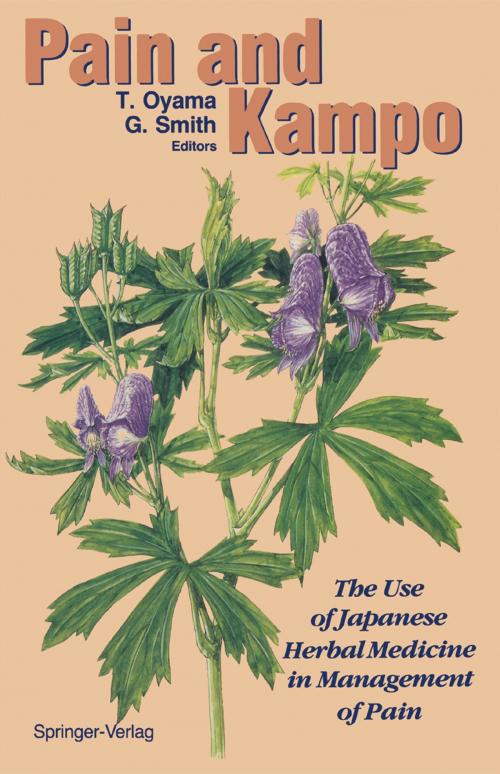Pain and Kampo
The Use of Japanese Herbal Medicine in Management of Pain
Nonfiction, Health & Well Being, Medical, Patient Care, Pain Medicine, Specialties, Internal Medicine, General| Author: | ISBN: | 9784431682608 | |
| Publisher: | Springer Japan | Publication: | December 6, 2012 |
| Imprint: | Springer | Language: | English |
| Author: | |
| ISBN: | 9784431682608 |
| Publisher: | Springer Japan |
| Publication: | December 6, 2012 |
| Imprint: | Springer |
| Language: | English |
The First International Symposium on "Pain and Kampo (Japanese Herbal Medicine)" took place in Tokyo in October, 1992. More than 700 registrants participated, with 12 registrants from seven overseas countries. This book contains summaries of the presentations at this meeting and is published in order to provide up-to-date information to a much wider audience. In China, traditional herbal medicine has been used for more than 3000 years while in Japan, its use has been documented for more than 1000 years, albeit with some changes to the original Chinese formulations. Recently there has been a revival of interest in herbal medicines for several reasons. There is a rapid growth in the number of senior citizens who frequently require the attention of modern medicine. In particular, there has been an increase in the number of patients who suffer from chronic diseases which are difficult to treat, e.g., arteriosclerosis, Alzheimer's disease, chronic pain syndromes, etc. It has become evident that traditional Oriental herbal medicines could playa role in the management of these and other conditions.
The First International Symposium on "Pain and Kampo (Japanese Herbal Medicine)" took place in Tokyo in October, 1992. More than 700 registrants participated, with 12 registrants from seven overseas countries. This book contains summaries of the presentations at this meeting and is published in order to provide up-to-date information to a much wider audience. In China, traditional herbal medicine has been used for more than 3000 years while in Japan, its use has been documented for more than 1000 years, albeit with some changes to the original Chinese formulations. Recently there has been a revival of interest in herbal medicines for several reasons. There is a rapid growth in the number of senior citizens who frequently require the attention of modern medicine. In particular, there has been an increase in the number of patients who suffer from chronic diseases which are difficult to treat, e.g., arteriosclerosis, Alzheimer's disease, chronic pain syndromes, etc. It has become evident that traditional Oriental herbal medicines could playa role in the management of these and other conditions.















